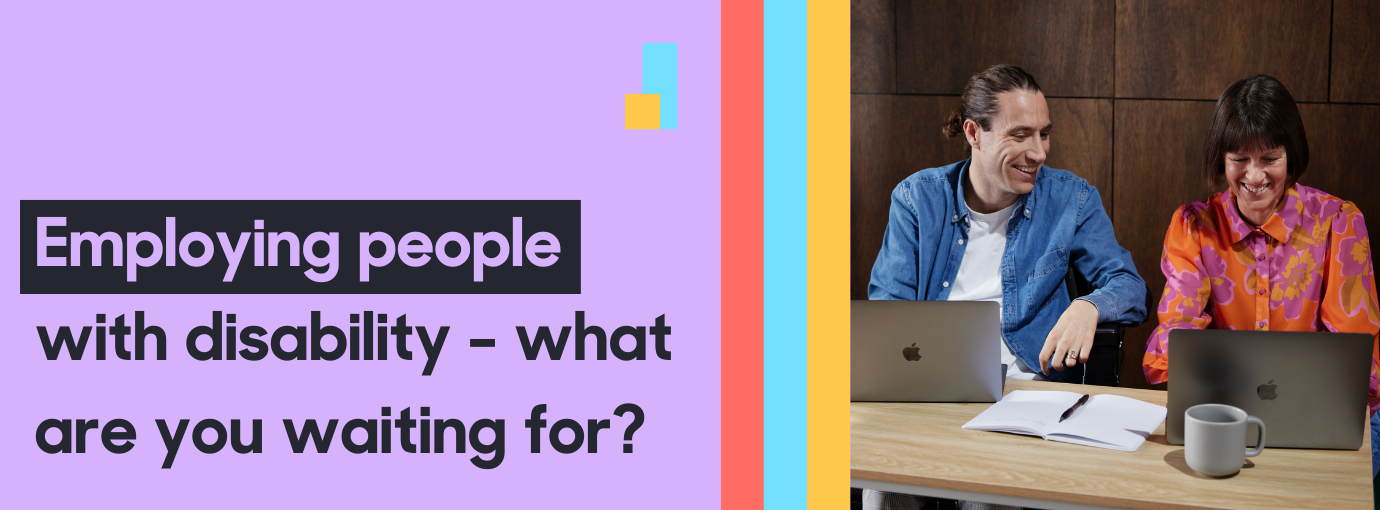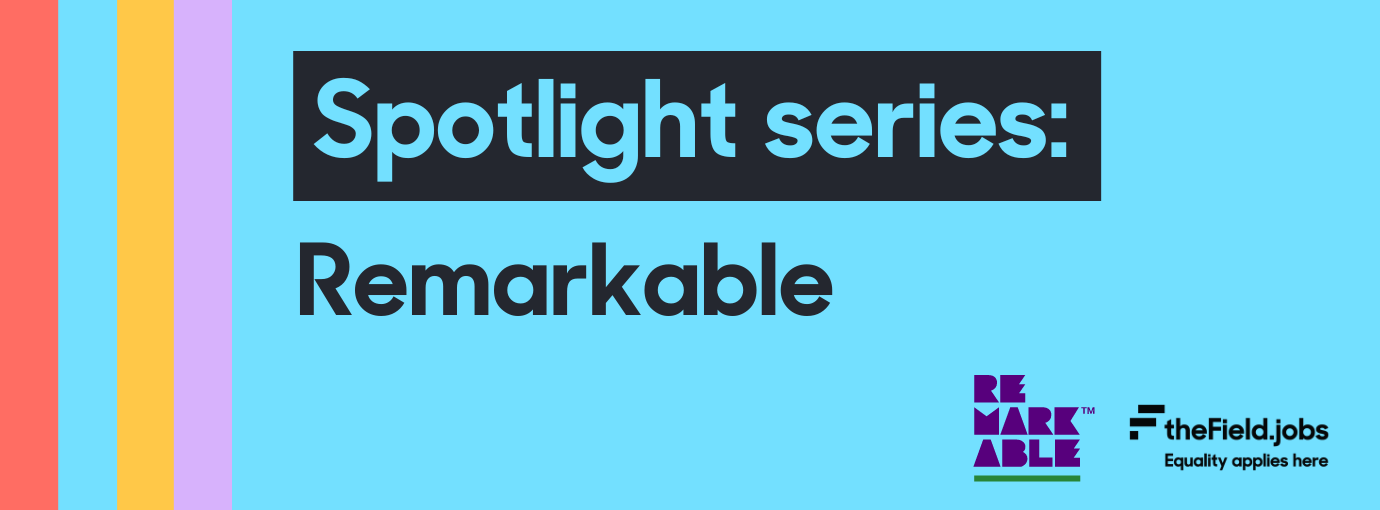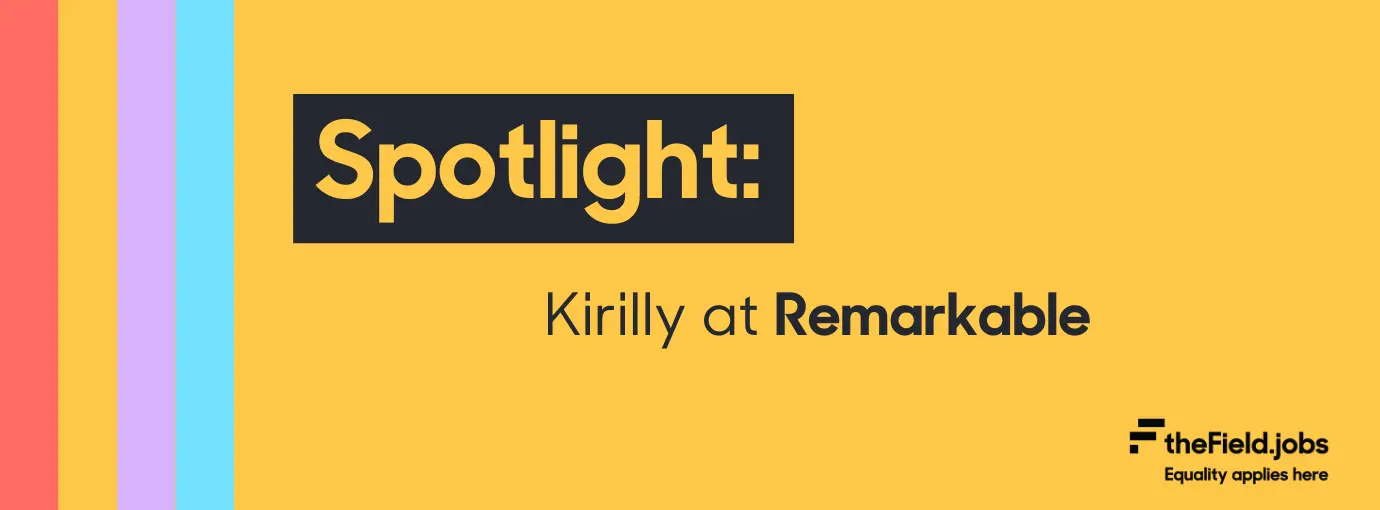If you’ve never written a resume, have a gap between work experiences or you’re wanting to change career paths, you will still have skills that an employer is looking for! We have picked five transferable skills that you might not have considered putting on your resume.
Leadership
Have you worked with colleagues on a project where you took the lead? Run a committee or volunteered? Worked freelance or run your own business? Are you a Paralympian who has run a sporting clinic? These are all examples of where you will have shown leadership skills.
Leadership skills are not just useful on their own. People with leadership experience are also more likely to make decisions quickly, bring teams together and increase their team’s productivity, all of which are positives for an employer.
To demonstrate your team leading skills in your resume, you could include examples of situations where you had to make decisions, or showed someone how to get a job completed.
Time Management
If you work, attend meetings, volunteer, manage support workers, go to the football or just love catching up with family and friends, this adds time into your schedule that needs managing!
In business, time is money. Time management a highly desirable skill employers look for in a candidate. It means you’ll be able to complete tasks to your deadlines, manage multiple tasks at once, and make clearer decisions.
To demonstrate time management skills in your resume, you could write a brief paragraph about a time you managed more than one activity at the same time. Maybe you had three simultaneous projects, organised a number of events on the same day, or have regularly managed a team of support workers.
Problem Solving Skills
Have you ever been stuck on a task when you suddenly find a solution or work-around that fits perfectly? Maybe you were building a piece of flatpack furniture and didn’t have the right tool, so you created your own to get the job done. This is problem solving at its finest!
As someone with disability, you will have problem-solving experience to draw on from both work and life. Campaigner for disability rights and awareness, Dr Hannah Barham-Brown points out, “every job advert you see will say that a company is looking for problem-solvers, people who think outside the box; great team workers. Well, we are nature’s problem-solvers because we live in a world that was designed without us in mind.”
Problem solving and creative thinking are skills that employers look for all the time. They’re proven to expand innovation and encourage teamwork, as people bounce ideas off each other and find solutions together.
To demonstrate your problem solving skills, you could write a brief paragraph in your resume about a challenge you faced and how you overcame it with creative thinking.

Communication Skills
They say that in every relationship open communication is key, and a working relationship is no different! If you interact with people on a daily basis, chances are that you’ve developed ways to adapt your communication style to suit the person you’re speaking with. This is important, as good communication in the workplace can lead to increased productivity and morale, as well as a healthier workplace culture.
Communication comes in many forms including written, verbal, non-verbal and visual communication. If report writing is your thing, then you may be good at written communication. Maybe presenting a PowerPoint in front of people is more your style, in which case verbal communication might be your strength. Perhaps you enjoy painting or graphic design, and are best at visual communication. Understanding your communication style can really help you to interact positively with others.
To demonstrate your communication skills in your resume, you could write a brief paragraph about a time communication was challenging, and what you did to get your point across.
Computer/IT Skills
As the world moves increasingly online, chances are you have spent time on social media, emails and in other online spaces. It may seem part of everyday life, but the skills you develop using programs like Microsoft Suite, Gmail or social media platforms like Twitter and Instagram, can be very transferable when it comes to employment. Having experience with the technology needed for a role can give you a great head start. There are also plenty of ways you can upskill with online courses, and add an instant bonus to your resume.
To demonstrate your IT skills in your resume, list the computer programs you’ve used and examples of projects you’ve completed using those programs.
These are just a few transferable skills – there are so many more to choose from! If you’re not sure where to start, showing your resume to family or friends is a great way to get a second opinion. Find out what they think about the skills you’ve highlighted, and ask whether there are other skills you might have missed.
Now that your resume is packed with useful transferable skills, you can add it to your profile or use it to start applying for jobs! Head to your profile on the Field to get started.
Check out some of our other blogs for some more Job Seeker tips:




